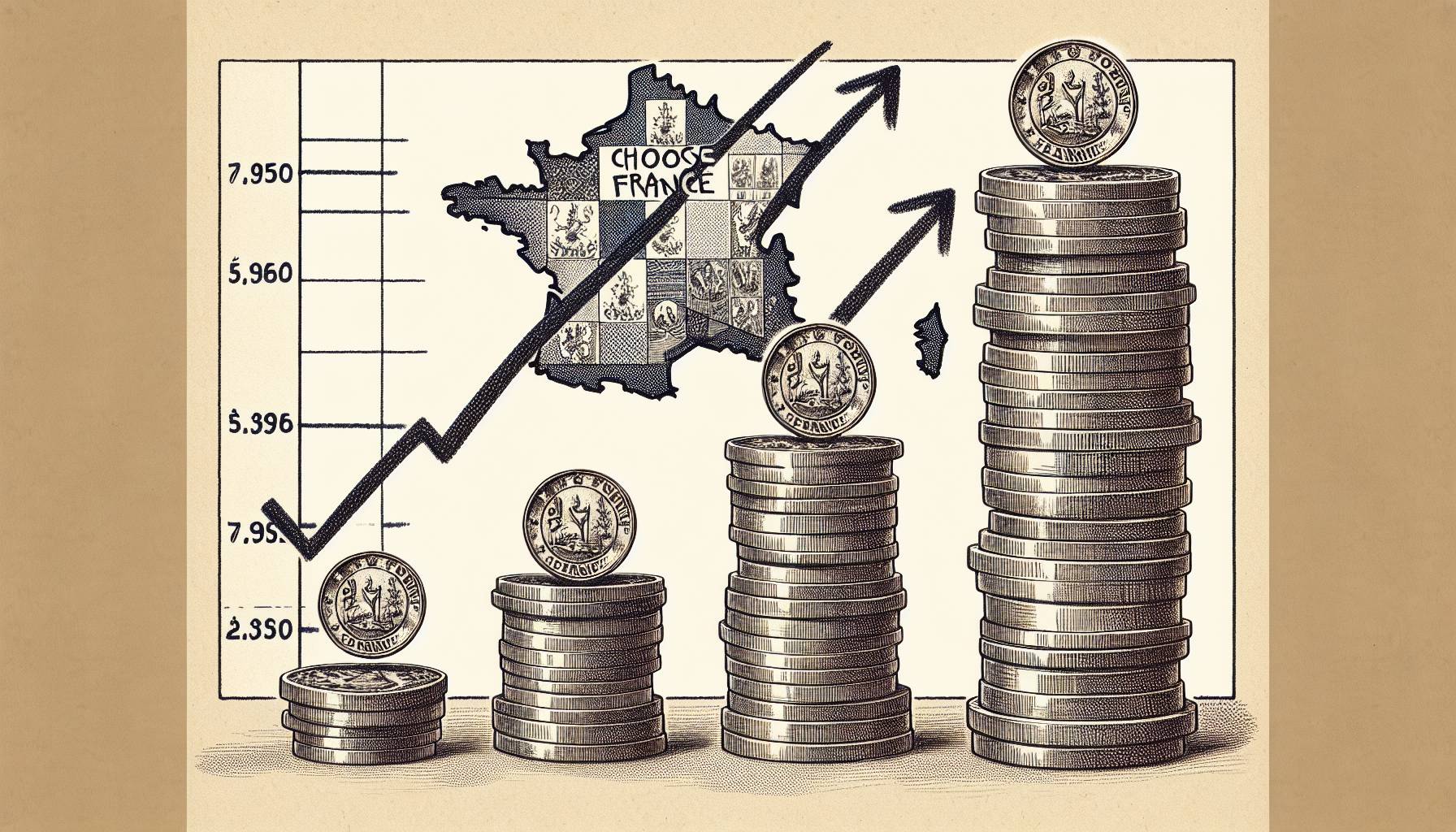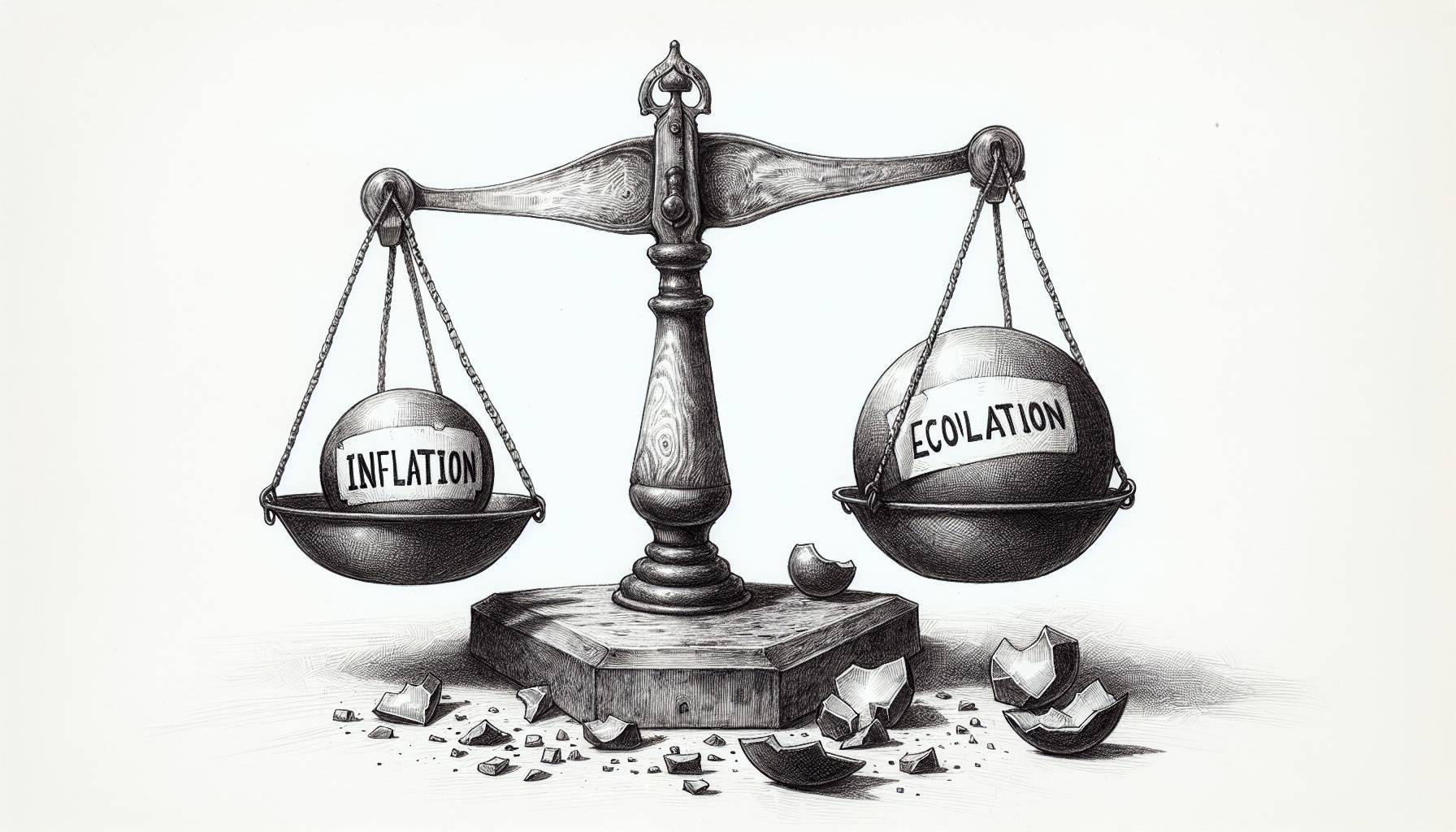Redefining Retirement: A Rising Trend Towards Post-Retirement Work
Recent studies indicate that more than half, a significant 57%, of Americans plan to incorporate employment into their retirement strategies due to steadily inflating living costs. The shifting retirement landscape appears to be a reflection of a growing need to supplement retirement income in an era of escalating living expenses.
But financial gain isn’t the only motivation. A notable 68% of survey participants indicated that work gives them a sense of satisfaction and purpose in their retirement years. Many retirees also believe maintaining a work life helps reinforce social connections and mental exercise, potentially boosting their overall quality of life.
The concept of work post-retirement, for some, becomes a conduit for meaningful engagement and staying updated with industry changes. It appears the societal perceptions of retirement are experiencing a shift, viewing this phase as another opportunity for personally significant work rather than just an ending of professional life.
Yet the transition to this new normal isn’t always smooth. Robert Laura from the Retirement Coaches Association suggests that finding a new purpose post-career often involves breaking away from deep-rooted routines from decades of working life, which can be challenging.
The idea of “gradual retirement” or “sporadic working,” however, seems to be gaining traction. This arrangement permits retirees to pursue part-time or occasional work, merging the comfort of retirement with the desire for active participation in work life. It implies a new paradigm of retirement — a balance between leisure and work — that offers both additional income and a sense of fulfilling engagement.
This trend extends beyond retirees. A majority of millennials and Gen Z professionals are also interested in this flexible retirement model. This new mindset blurs the line between work and personal life, demonstrating its appeal is not confined to a certain age demographic. It promotes a work-life balance that could foster an explore-expand-experience philosophy potentially impacting future retirement concepts.
Baby boomers too, are embracing this model, echoing its acceptance across generations. The shift signifies multiple motivations, including personal growth, financial stability, and maintaining social ties. Retirement is now seen as a promising new chapter in life, rather than simply a period of rest, mirroring a shift towards new beginnings and exploration. This evolving mindset underscores the need for continual reassessment of societal norms and expectations surrounding aging and retirement.













